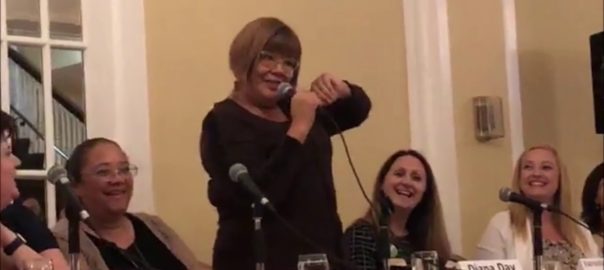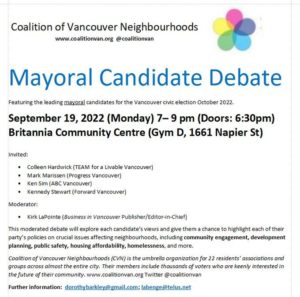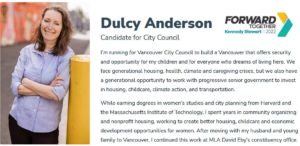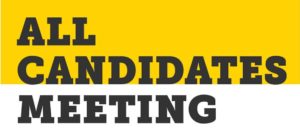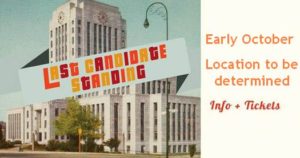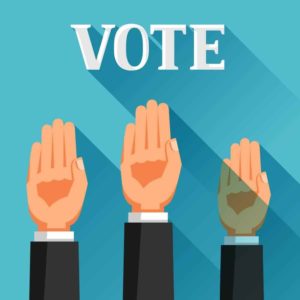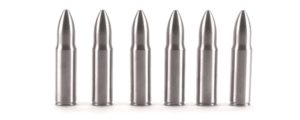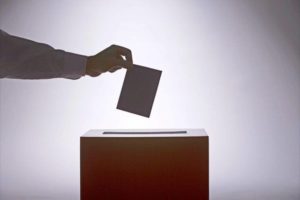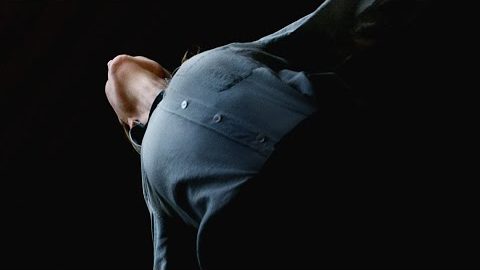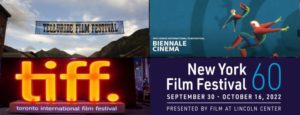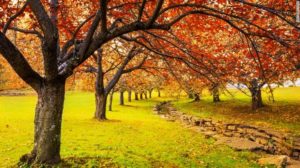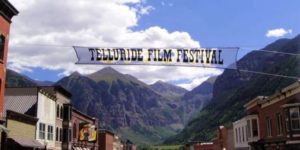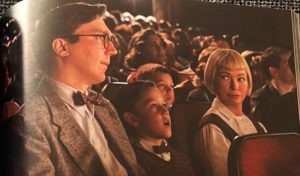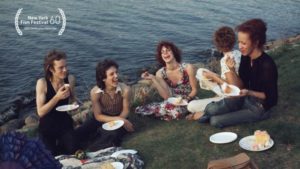
When Canadians’ engagement with the news dropped significantly in 2021, the plunge was in some ways seen as inevitable.
The change in news consumption habits last year came after two years with no shortage of storylines — the arrival of the coronavirus pandemic, both a provincial and a federal election, the ongoing circus of the politics of Trump, and a nationwide reckoning over race, Indigenous relations and related police violence.
For many Canadians stuck at home, there was plenty of time to tune in.
However, the pace of news waned toward the end 2021, as did interest in the Liberal administration in Ottawa, and politics in general. The news cycle in 2022, comparatively, has more closely resembled the frenetic years of COVID, between the war in Ukraine, and existential threats to democracy and the planet.

Yet eight months into 2022, data collected by a Leger / Public Square Research poll shows Canadians are even more disengaged than they were this time last year, with a quarter of Canadians tuning out “too depressing” political news.
In fact, most Canadians who are tuning out the news say they’re doing so because the sheer negativity of what they read and hear is turning them off from politics.
According to the Leger poll, one-fifth of Canadians engage with political news “throughout the day,” while a third of Canadians engage with it daily and 22% engage with it a few times a week.
About a quarter of Canadians are almost entirely disengaged from the news, with 10% of Canadians actively avoiding political news, and 5% engaging with politics only through conversations with friends, with 10% reading the news only a few times a month.
Fifty percent of Canadians disengage, saying they’re “tired of the negativity in politics”, 38% saying the news is too depressing.
News engagement across all platforms in the first half of 2022 — website visits, news app sessions, cable viewership, and time spent on social media — is down compared to the first half of 2021. The steepest decline — 50 percent — pertains to engagement with news articles on social media, and probably stems from changes Facebook made to its news curation model.
Cable viewership news on CBC, CTV and Global 1 “is, on average, down 19% in prime time,” losses that skew heavily across all three news networks.
The Leger / Public Square Research poll also finds a mismatch between the issues dominating the headlines and what Canadians are concerned about. Only 16% of Canadians said they were concerned about the Pope’s visit to Canada and 35% said they were concerned about the backlog in immigration processing in Canada.
“The role of the news isn’t always to give people the news they want to hear,” says Heather Bastedo, who runs Public Square Research and produced the Leger survey for The Hub, the survey to which we are referring today. “But the media needs to make the connection to people’s lives with these stories. Most people aren’t flying out from Pearson, but the fact that the government can’t run things should be an issue.”
Thirty-four percent of Canadians said they’re concerned about long lineups at passport offices, while 21% said they simply don’t care. The number one issue for Canadians is rising interest rates. Forty-five percent say they’re are very concerned about it, with 26% saying they’re somewhat concerned; 13% say it doesn’t affect them. The war in Ukraine is similarly pressing for Canadians. Forty percent of Canadians are very concerned, with another 35% somewhat concerned.
As might be expected, younger Canadians are least likely to be highly engaged news consumers, with only 13% Canadians aged 18 to 34 reporting that they read or listen to the news throughout the day, compared to 27% of people over the age of 55. Young people are less likely to be totally disengaged than people aged 35 to 54, though. Among Canadians under age 35, about 11% report having no interest in politics, compared to 14% of Canadians aged 35 to 54.
The numbers above underscore a collective weariness among the voting public.
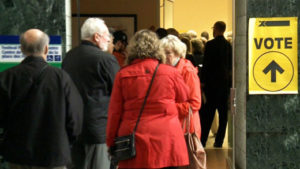
Higher turnout in federal, provincial and civic elections is a reflection of vibrant, robust democratic practice. Conversely, low voter turnout depicts cynicism, apathy, anomie and alienation, triggering voters not to exercise their right to vote.
A representative democracy calls on citizens to participate in the electoral process. Many voters believe they know about likely election winners, and their single vote won’t make a difference. This is a classic example of a collective action problem.
In 2018, 39.4% of the Vancouver public voted, a record voter turnout to be sure — which still meant that a whopping 60.6% of the voting public didn’t vote. Why?
- Lack of interest. Not everyone tunes into the nightly news every evening. Some people are simply not interested in politics, others outright hate it. The last thing they want to do is research politicians or read about the latest election;
- Lack of knowledge. Often coinciding with a lack of interest, many people also don’t know much about elections or politics. They’re not aware of who’s running, and sometimes they don’t even know there’s an election coming up;
- Disillusionment. A thread of cynicism that runs through the Canadian electorate. Many believe their vote either doesn’t count or doesn’t matter, so why bother voting? In Vancouver, some of this has to do with the lack of a representational neighbourhood voting system (sometimes called a “ward system”). In addition, many potential voters feel it’s pointless to vote for parties and candidates, because they don’t believe that any of those parties or candidates represent their interests;
- Voter fatigue. Even the most dedicated voter may feel worn down by the sheer number of names on the ballot, most of whom they don’t know. Additionally, long lines and difficulty voting may discourage individuals from going to the ballot box..
Low voter turnout is also evident from the fact political campaigns rely on data that serves to ignore popular voices on issues of importance, allowing candidates for office and their political parties to feel safe, ignoring the public will while failing to comply with even the most amorphous of campaign promises.
In these cynical times, most campaign managers, political parties and candidates know few people are going to turn out at the polls, so why bother crafting a message? In this scenario, amidst an abundance of voter fatigue, some political voices win, while most of the public — particularly those who choose not to cast a ballot — lose, getting government they don’t want, rather than government they need.
